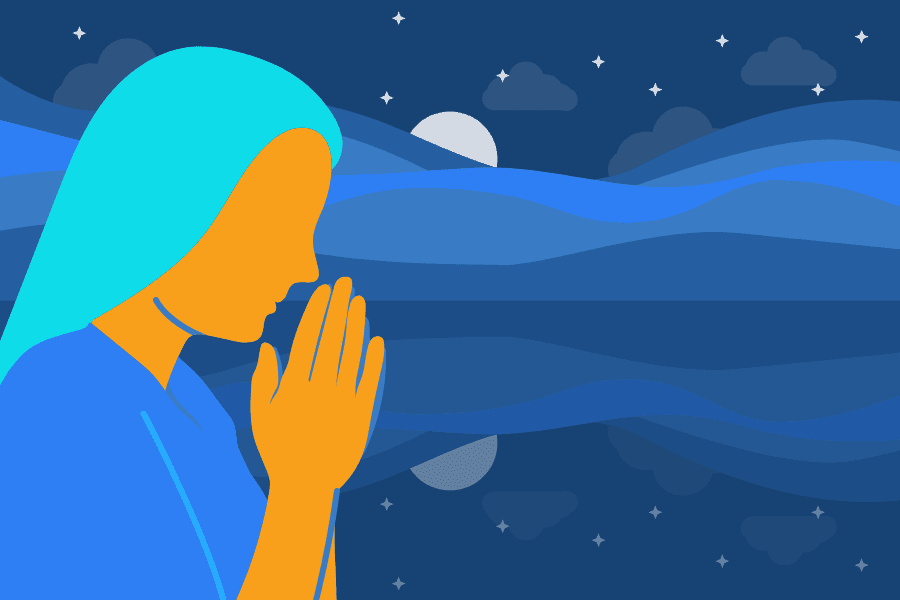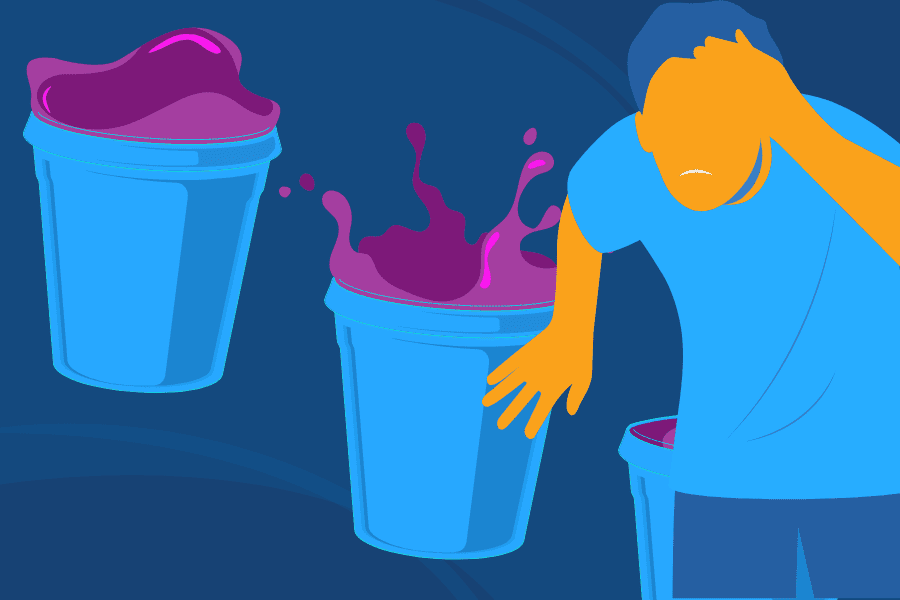What is Mixing Alcohol and Benzodiazepines?
Benzodiazepines (or benzos) are a class of drugs that are prescribed to people mostly to treat anxiety, but also for panic disorder, post-traumatic stress disorder, severe insomnia and seizures.
Their powerful effects on the central nervous system relieve anxiety and make users feel calm – but they also present a significant addiction risk, even when used as prescribed. That risk increases exponentially when they’re used recreationally, and even more so when they’re mixed with alcohol.
Comprehensive
Levels of Care
No matter where you are in your recovery journey, our levels of care are personalized to your unique needs.
Why Teens Mix Xanax and Other Benzos With Alcohol
Teens might take benzos and alcohol together for several reasons. People often use this drug combination to self-medicate anxiety.
While it may seem surprising to learn how common and severe anxiety is among teens, considering the combined pressures of their school, social lives, extracurricular activities and/or jobs, it’s easy to see why many teens feel like they’re under immense stress.
According to the Anxiety and Depression Association of America, anxiety disorders affect 25.1% of children between 13 and 18 years old.
But although benzos and alcohol get rid of stress very effectively in a given moment, they ultimately make teens’ situations far worse. As they become accustomed to abusing these substances (which happens very quickly as both are highly addictive), they come to depend on them psychologically.
At this crucial developmental stage, teens are learning to navigate life’s confusions, and substances that allow them to check out of that process prevent them from developing the healthy coping mechanisms they need now and for their future.
Alcohol and benzos each amplify the other’s effects, making addiction far more dangerous and difficult to overcome.
Because of this intensifying effect, teens might also combine these substances to feel a stronger high. At this age, social life takes center stage and acceptance is paramount, so reducing inhibitions and social anxiety holds a strong appeal. They might also feel peer-pressured by other teens who are taking benzos while drinking.
Find the Right Facility for Your Needs
Explore our treatment center locations and find an option that works for you.
The Dangers of Drinking with Anti-Anxiety Medication
Alcohol and benzodiazepines are a highly dangerous combination, in several ways:
Mental
Both alcohol and benzos are central nervous system depressants. Taking them both at the same time results in impaired cognition and increased risk for mood disorders like anxiety and depression.
Physical
This combo is highly toxic for the liver, and can lead to major organ failure. Because it has such pronounced effects on motor coordination, it also often leads to physical injury and car accidents. When mixed with alcohol, benzodiazepines can slow your heart to a dangerously low rate or severely depress your breathing – a major cause of overdose.
Overdose
Considering the above factors, it’s easy to see why these two are often a deadly combination. In fact, fatal overdoses from benzodiazepines and alcohol have increased five-fold since 2002.
However, most teens don’t understand the risks associated with Xanax and other benzos, which are often used recreationally while drinking, and the availability of anti-anxiety medication through their friends or right in your home medicine cabinet might be more pervasive than you realize.
Getting Help for Benzo and Alcohol Abuse
If your teen is drinking or using benzos, make sure they understand the risks of combining these two very addictive and dangerous drugs, and help them get into counseling to stop using and start building the habits they need for a healthy and successful life. We offer teen residential treatment and medical detox services.
If you need to talk to your teen but aren’t sure how, you’re welcome to attend our free, weekly parent support group located at our Colorado and Maryland locations to get answers to your questions and hear from parents with similar experiences. Call us today at (888) 850-1890 to learn more.






